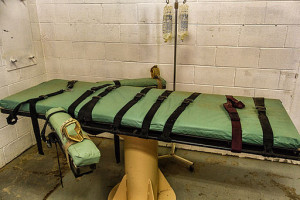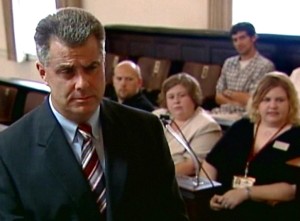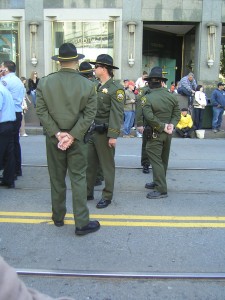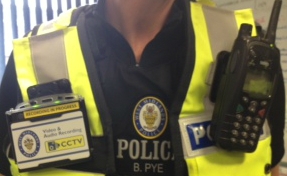J. Bradley Smith of Arnold & Smith, PLLC answers the question “Should I talk to the police?”
Bradley Cooper—not the actor—was convicted of first-degree murder in 2011 after a 36-day trial that featured testimony from over 100 witnesses. That was all for naught. The Court of Appeals overturned the verdict in 2013 after ruling that Cooper’s defense team was prematurely foreclosed by the trial court from adequately investigating the reasons given by law-enforcement officers for not turning over evidence extracted from Mr. Cooper’s computer.
 From the very beginning, Cooper’s defense lawyers argued that the investigation into Nancy Cooper’s death was flawed. The crucial piece of evidence linking Cooper to his wife’s slaying was a Google Maps search that investigators said Cooper made in order to hide his wife’s body. Cooper did not testify at the 2011 trial; he told investigators that his wife went jogging and never returned.
From the very beginning, Cooper’s defense lawyers argued that the investigation into Nancy Cooper’s death was flawed. The crucial piece of evidence linking Cooper to his wife’s slaying was a Google Maps search that investigators said Cooper made in order to hide his wife’s body. Cooper did not testify at the 2011 trial; he told investigators that his wife went jogging and never returned.
That story changed in court in Raleigh on Monday, when Cooper acknowledged killing his wife and dumping her body on Fielding Drive. Assistant District Attorney Howard Cummings told the court that Nancy Cooper had been strangled.
Cooper agreed to consent to the adoption of his daughters, who are now eight and ten-years-old, respectively. They will be adopted by Nancy Cooper’s sister. The agreement between Cooper and the State also meant that Cooper would plead guilty to second-degree murder and receive credit for the more-than-five years he has spent in jail awaiting disposition of his case.
 Charlotte Criminal Lawyer Blog
Charlotte Criminal Lawyer Blog










